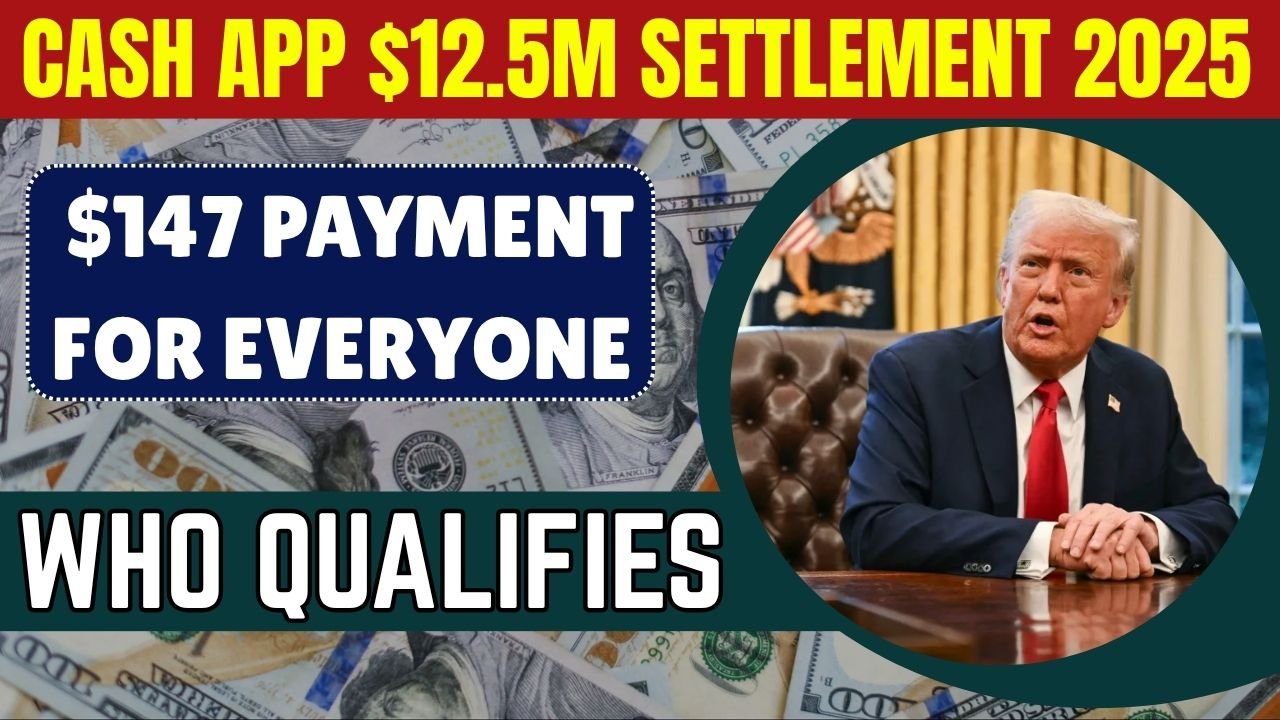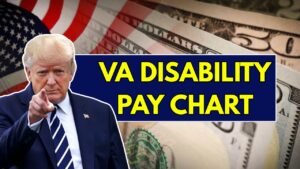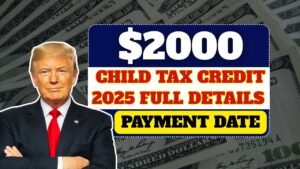The inhabitants of Washington state have some excellent news. They are allowed to take a share of a $12.5 million class-action lawsuit settlement concerning Cash App. This reimbursement is associated with a legal action that accused Cash App of sending promotional messages (texts) without consent. The lawsuit was directed against Block Inc. (the parent company of Cash App). Though the company did not acknowledge any fault, it decided to reach a settlement in order to escape a long and tedious legal battle.
Background: What was the case?
The Bottoms v. Block Inc. (Case Number: 2:23-cv-01969-MJP) lawsuit was lodged at the Western District Court of Washington. It charges Cash App for its “Invite Friends” feature, which allegedly sent unsolicited text messages to non-users of the app and without their consent. The messages were meant to entice the recipients to come on board with Cash App.
As per the Commercial Electronic Mail Act (CEMA) and Consumer Protection Act (CPA) of Washington, such sending of commercial messages without permission is a criminal act. On this basis, the case was filed, and as a consequence, the company has consented to make reparation to the consumers affected.
Full Settlement Details
The pay out of this settlement stands at $12,500,000. Everyone that qualifies for a payment is envisioned to receive between $88 and $147, depending on how much rightful claims are filed.
The key details are as follows:
| Description | Information |
|---|---|
| Case Name | Bottoms v. Block Inc. (Cash App Settlement) |
| Total Settlement Amount | $12.5 million |
| Estimated Payout | $88 – $147 per person |
| Eligibility Period | November 14, 2019 – August 7, 2025 |
| Eligible Groups | Washington residents who received Cash App referral texts without permission |
| Claim Submission Deadline | October 27, 2025 |
| Official Website www.BottomsTextSettlement.com | |
| Contact Email/Number | info@BottomsTextSettlement.com / 877-540-7545 |
Who can claim?
This settlement is limited to the residents of Washington State only. Only those individuals who have received the Cash App referral or promotional messages from November 14, 2019, to August 7, 2025, and who did not give their consent to the claim, are the ones who can make a claim.
Other states’ residents—California, Florida, Texas, and others—are not part of this settlement because the lawsuit was filed following Washington law.
How to file a claim? (Claim Filing Process)
If you are an eligible Washington State resident, you must file your claim before October 27, 2025. There are two ways to file a claim—online or by mail.
Step-by-Step Process:
- Visit [www.BottomsTextSettlement.com].
- Check if you are eligible using the Eligibility Tool.
- Fill out the claim form online or print and mail it.
- Save the confirmation number you receive after submitting the form.
- Expect a payment update in early 2026.
If you already received a notice by mail but haven’t filed a claim yet, you can still file a claim before the deadline. Late applications will not be accepted.
When will compensation be paid?
Payments will be made in early 2026 after claims are investigated and verified. Payments will be received via direct deposit or check.
Why are only Washington residents eligible?
Washington’s Commercial Electronic Mail Act (CEMA)* provides protection for residents against unsolicited commercial messages. This statute was the legal ground for this lawsuit. Thus, the settlement can only be claimed by people living in Washington.
Nevertheless, there are also states like California, Colorado, and Virginia that have comparable privacy laws. Legal actions, however, will have to be taken independently in those states.
Big lesson for tech companies
This scenario is not just about Cash App, it is a warning for all the digital companies. Digital marketing platforms, which send messages without the consent of the users, are now legally challenged.
The lawsuits are similar in nature and have been filed under the California Consumer Privacy Act (CCPA) and the Colorado Consumer Protection Act (CPA) in various states. Moreover, the Federal Trade Commission (FTC) is very much involved in the monitoring of these cases.
As per the statement of a consumer rights attorney, “treating users as advertisers without getting their agreement is a breach of digital trust. This issue is a turning point for tech firms to realize that customer approval is the key factor and it is more valuable than gain.”
Fact Check
| Claim | Truth | Details |
|---|---|---|
| Any US citizen can file a claim | False | Only Washington residents are eligible |
| Cash App admitted wrongdoing | False | Block Inc. did not admit any wrongdoing |
| Everyone will receive $147 | Partially True | Amount will depend on the number of claims |
| The claim deadline is October 27, 2025 | True | Confirmed by the Settlement Administrator |
| Payment will be due in 2025 | False | Payment is expected in early 2026 |
Conclusion: A major victory for privacy rights
The $12.5 million class action settlement of Cash App is a major move for consumer digital privacy. For the people of Washington, this is more than just money; it is also an acknowledgment of their rights.
The lawsuit conveys the message loud and clear—”In today’s digital world, consumer consent is a must, not an option.” Technology firms have to realize that only those partnerships which are based on trust survive, and openness and consent are the means to reach this point.
FAQs
1. Who is eligible for this refund?
Washington residents who received unauthorized promotional or referral texts from Cash App between November 14, 2019, and August 7, 2025.
2. How much will I receive?
$88 to $147, depending on how many valid claims are filed.
3. What is the deadline?
The deadline for filing claims is October 27, 2025.
4. Do I need to provide proof of the texts?
No, eligibility will be verified through Cash App’s internal records.
5. When will the payment be received?
Payments will be issued in early 2026, upon final court approval.


